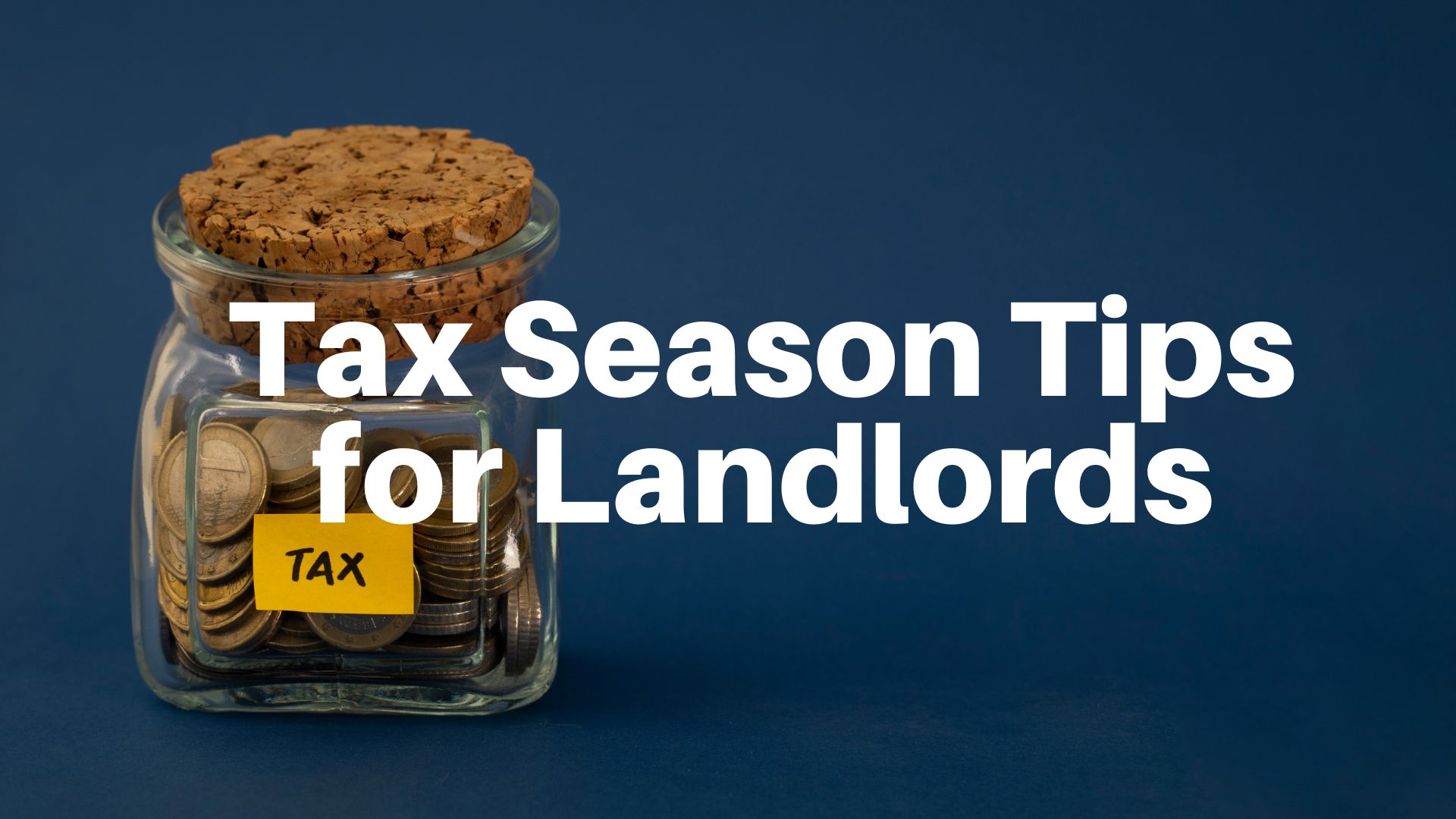Tax Season Tips for Landlords

Landlords have a duty to declare rental income on their taxes. However, if you’re a newbie, this process can prove to be intimidating. What’s more, you may not be able to know what deductions you qualify for.
Increasing your tax savings is now more important than ever considering the events of the past few years. Such events included the ending of eviction moratoriums, record-level rents, and other financial uncertainties leftover by the Covid-19 pandemic.
In today’s article, you’ll learn everything you need to handle tax season.
Cash Basis vs. Accrual Method
Basically, landlords can use either of two methods to declare their rental income. That is, either the cash basis or the accrual method.
As a landlord, it’s important that you know which method to use in order to accurately file your taxes.
With the cash-basis method, money is tracked whenever you receive it or spend it from your accounts. And this is regardless of when that money is technically due or owed.
On the other hand, the accrual method tracks when something is technically earned or owed, not when there is actual exchange.
The following are some examples to help illustrate the two accounting methods. Suppose, for example, that you have a reliable tenant that makes timely rent payments. However, life happens and they miss a month’s payment. With the cash-basis method, it means that you would only count that income when the tenant actually pays you.
But when it comes to the accrual method, you’ll need to count your rental income when you earn it. If the due date is on the 1st of every month, then that’s when you’d count it.

As for the expenses, suppose you owe a certain vendor for taking care of your rental property’s landscaping, but you were unable to pay them on the due date for one reason or another. With the cash-basis method, you’d have to wait until you’ve paid the company in order to count it as an expense.
Whereas, with the accrual method, you’d be able to count the expense as soon as it became due.
Both accounting methods have their strengths and weaknesses, admittedly. The cash-basis method is a bit simpler and does a better job of tracking your investment’s cash flow. On the other hand, the accrual method can help you to clearly see the long-term health of your business.
Most landlords prefer the cash-basis method for its simplicity. In addition, it comes with some money advantages. You may be able to use up to $25,000 in losses toward your normal income if the IRS considers you an “active participant” in your business.
Rental Income to Declare
What does the IRS require you to declare on your taxes? The Internal Revenue Service defines rental income as “any payment received in exchange for property occupation.”
This, therefore, can include the following.
- Normal and advanced rent payments
- Tenant-paid expenses
- Tenant payment for lease cancellation
- Services or property received, instead of money, as rent
- Security deposits

However, for security deposits, you’d only count them in either of two ways. That is, if you use it as a final payment. Or, if you use it as compensation for any financial damage the tenant may have caused you. For instance, if it’s used to cover excessive damage, to pay for unpaid utilities, or to pay for unpaid rent after a tenant moves out.
Tax Deductions
As a landlord, you may be able to shrink your tax liability by deducting certain expenses that the IRS allows. To determine what can or cannot be deducted, the IRS uses the standard of “ordinary and necessary expenses.”
Ordinary expenses are relatively straightforward. These are the sort of expenses that arise from simply owning a rental property. They include fees you pay to a professional property manager.
Necessary expenses, on the other hand, are those that are “helpful and appropriate” to your business. They include expenses like utilities, insurance, maintenance, and advertising costs.
What IRS, however, forbids for deduction is any money that a landlord spends to renovate, improve or remodel their property. For example, converting your one-bedroom unit into a fancier two-bedroom unit.
The following are some of the top deductions you can make as a Denver landlord.

- Fees that you pay to real estate investment advisors, property management companies, accountants, attorneys, and other professionals
- Premiums you pay for almost any insurance for your rental activity. For example, flood, theft, and fire insurance for rental property, as well as landlord liability insurance.
- Home office expenses. But, the deduction only applies to space devoted to office work or any workspace you use for your rental business.
- Travel expenses incurred for a rental-related activity. For instance, if you have to drive to the rental building in order to respond to a complaint.
- Ordinary, necessary, and reasonably priced repairs were done to the rental property. Good examples of deductible repairs include replacing broken windows, plastering, fixing leaks, and fixing gutters or floors.
Record-Keeping
Keeping accurate records is a no-brainer for landlords, more so if you want to make a tax deduction. Tidy documents can mean easy retrieval of receipts, tracking of deductible expenses, and an overall easy time preparing the tax returns.
The following are the documents you’ll want to keep organized.
- Loan documents
- Insurance policies
- Property permits
- Legal documents
- Lease agreement
- Prior tax records
- Real estate investment papers, such as title deeds
Other short-term records you may want to keep include rent payment receipts, repair receipts, mortgage interest, and rental property advertising costs.
Bottom Line
There you have it – everything you need to know when filing taxes for your rental property. Armed with this knowledge, filing your taxes should be a stress-free process. But should you require expert help, Evolve Real Estate and Property Management can help.
We’re a full-service property management company serving Denver and its environs. We have helped dozens of property owners like yourself maximize their rental income. We can do the same for you, too!
